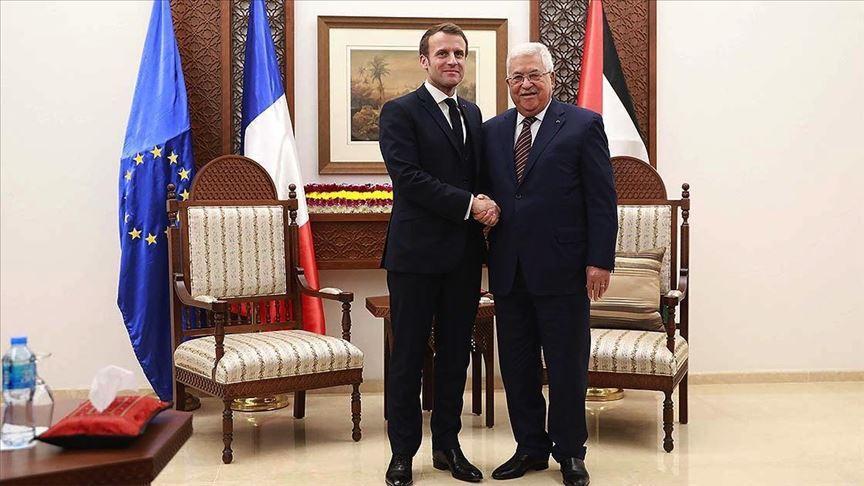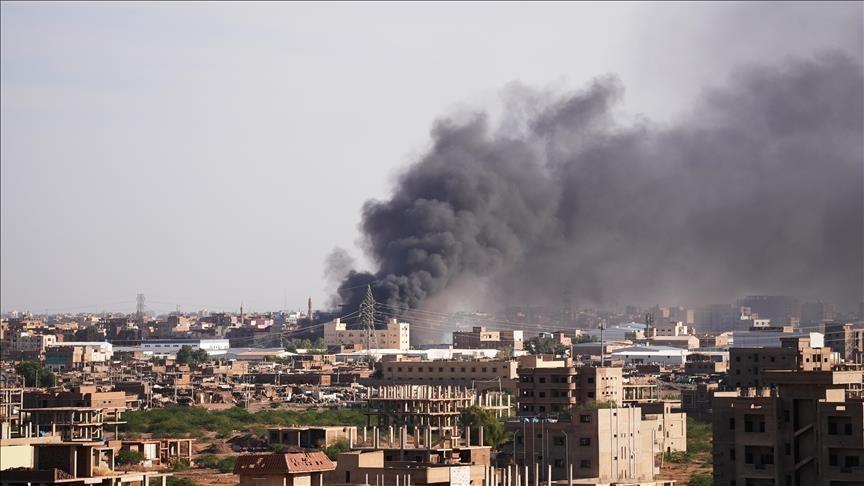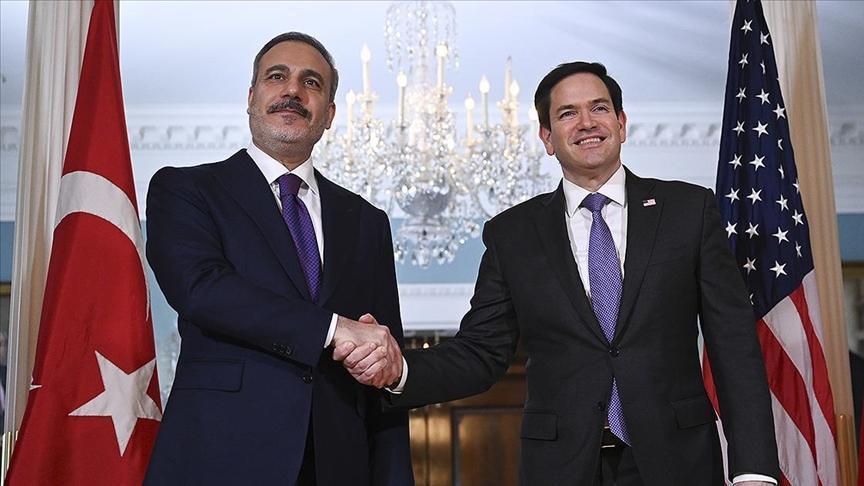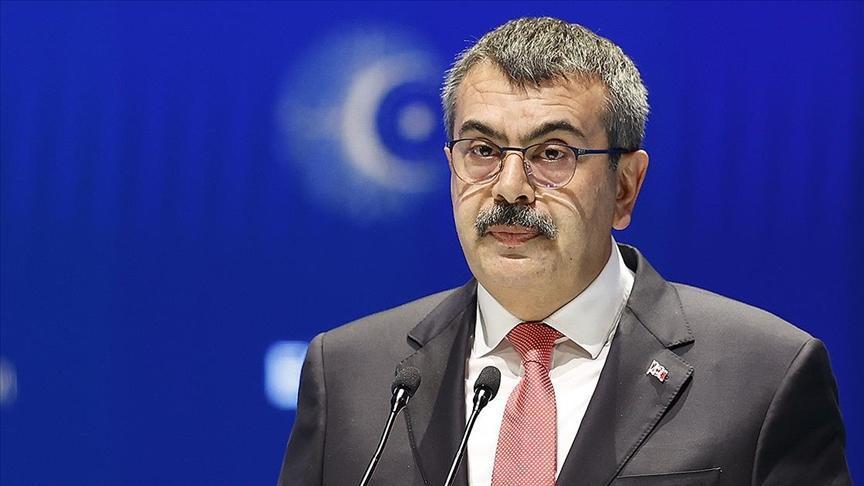Thousands mourn Srebrenica victims in Sarajevo
SARAJEVO - Agence France-Press

A Bosnian woman cries as she touches a coffin of her relative, which is one of the 409 coffins of newly identified victims of the 1995 Srebrenica massacre, in the Potocari Memorial Center, near Srebrenica July 9, 2013. REUTERS Photo
Thousands of mourners silently lined Sarajevo’s avenues on July 9 as three trucks carried the remains of 409 newly identified victims of the 1995 Srebrenica massacre to their final resting place.The convoy was taking the coffins to the small village of Potocari near Srebrenica, where the victims will be buried in a ceremony today, on the 18th anniversary of Europe’s worst atrocity since World War II.
In a silent tribute, relatives carried pictures and pillowcases with embroidered names of many of the 8,000 Muslim men and boys who were killed by Bosnian Serb forces in the eastern Bosnian town in July, 1995.
“This is the most difficult day of my life, I would rather die, but I cannot,” said Hedija Begovic whose only son will be among those buried at the Potocari memorial center.
During its passage, the convoy briefly stopped in front of the Bosnian presidency building where mourners, many in tears or saying Muslim prayers, laid flowers on the vehicles.
“These were 14 or 15-year old boys, fathers and their sons, elderly,” said Bakir Izetbegovic, a Muslim member of Bosnia’s post-war joint presidency. Srebrenica was a U.N.-protected Muslim enclave until July 11, 1995, when it was overrun by Bosnian Serb forces who loaded thousands of men and boys on to trucks, executed them and then threw their bodies into mass graves.
The Serbs brushed aside lightly armed Dutch U.N. peacekeepers in the “safe area” where thousands of Muslims from surrounding villages had gathered for protection.
The massacre has been judged an act of genocide by the International Criminal Tribunal for the former Yugoslavia and the International Court of Justice.
The remains of 5,657 victims, identified through DNA tests after being found in several mass graves in the Srebrenica region, have already been buried in Potocari.
But many victims remain unidentified. “I have yet to find my son, my husband, my brother, I have got no information for 18 years,” a tearful Safija Osmanovic said as she paid tribute to the victims.
“If only I can find a single bone to bury, to finally know where they rest,” she said.
















